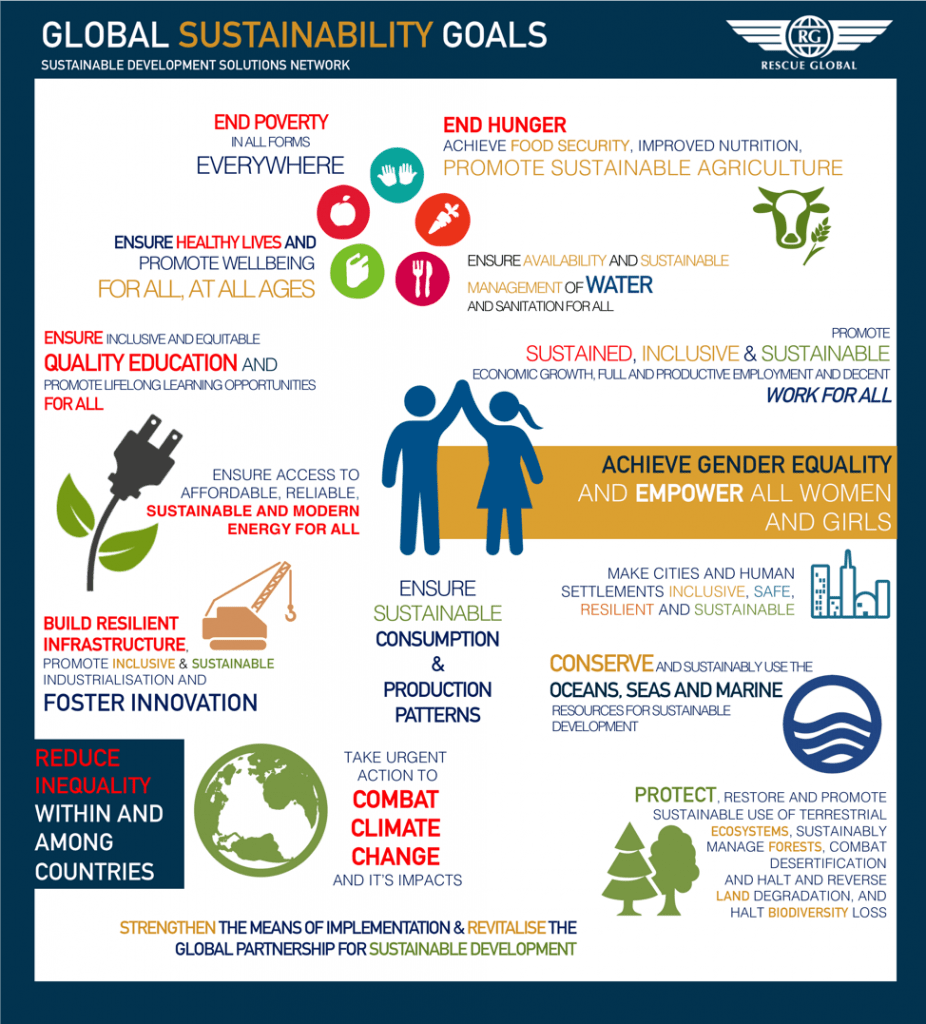During this course I had the opportunity to work with Citizens’ Climate Lobby on HR 763, the Energy Innovation and Carbon Dividend act. CCL is a national, bipartisan, grassroots lobbying organization that supports volunteers through online trainings and connects them to groups in their area. We started social media campaigns on Facebook and Twitter and learned how to lobby.
HR 763 would put a price on carbon that would reduce US emissions by 40% in the first 12 years. Economists agree that this is the most effective and cost-efficient way to reduce emissions which is why it has drawn support from Republicans and Democrats. Additionally, the Act is revenue-neutral which means that the government doesn’t keep the tax collected. Instead, it gets sent back to low- and middle-income American taxpayers who will be most affected by the higher prices of a green economy.

In working with CCL, I found that the politics of food and the politics of climate change are similar in many ways. People tend to be very opinionated on both sides, both issues are complex and affect everyone differently, and both require a combination of personal choices and systemic government change to be solved.
It is key that the Act is bipartisan because the only way that we can fight climate change is together. A resolution such as this is only the first of many legislation actions we will need to take, so it is important that everyone is behind it.
Systems theory shows us that everything is connected, and climate change is no different. A lifecycle analysis of any product shows the ecological impacts along the entire commodity chain. Ecological impacts are usually higher during the production/processing stages, so the externalities are often placed on low income communities. This is just one example of the Triple Inequality of climate change.
Stories like the Lorax teach us that it’s okay to replace traditional citizenship duties with purposeful individual consumption, and it shifts the blame from producers to human nature (Maniates). When people are made aware of a dangerous product, they can make the individual choice not to buy it (Szasz). This protects them from the product but does nothing to address the problem for others. We need more than individual choices to combat climate change. HR 763 is one way of collective change, but people still have to make the individual choice to be politically active.

This is a picture from Environmental Lobby Day in Olympia, WA in 2019 that I went to with WashPIRG.








